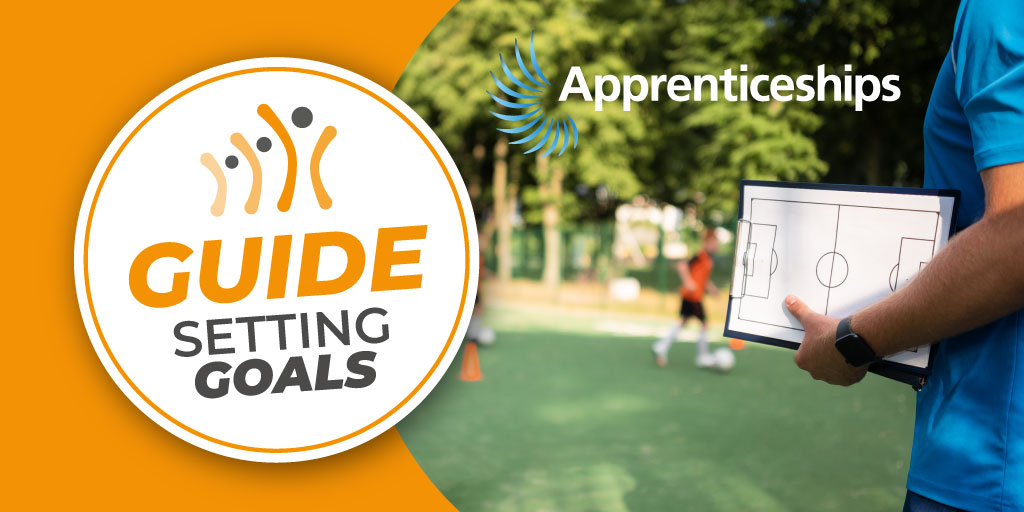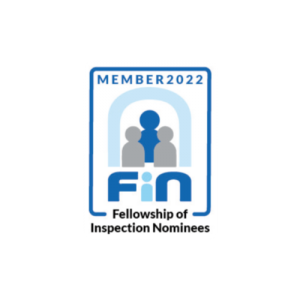Now that you’ve secured a sports coaching apprenticeship, you need a plan of action. It’s time to get the best out of your experience, so you can be the best sports coach you can be. Set short, long and performance based goals to help you grow in your career and your personal life.
Read on to find out how to make effective goals so you can become a successful apprentice…
Set SMART Goals for your apprenticeship
As a sports coaching apprentice, setting goals that can make your experience
the best it can be. Use the SMART goal method to set targets that are Specific, Measurable, Achievable, Relevant and Time-bound goals. You can track your progress, celebrate your successes, and target problems for improvement.
SMART goal setting targets the areas you need to improve and those that you excel at. When your apprenticeship ends, you can decide what skills you want to specialise in. Or during your apprenticeship, you can choose areas you want to improve. You can start as small or as big as you like. For example, a good SMART goal could be:
“I will make sure I pack an extra ball pump for the half-term camps this week.”
This goal considers your past experiences and offers a simple reminder of an action that will alleviate a problem. A goal like this can be added as a reminder on your calendar or as a post-it for your desk. At the end of the week, you can assess your understanding of organisation, inventory and ball bouncy-ness!
Create short and long-term goals for your apprenticeship
Short and long-term goals should be based on what an employer and an apprentice want from an apprenticeship. You can use the SMART goal method, but remember these goals should define what you want from an apprenticeship broadly.
For example, short-term goals can be time-based. You can connect these to the camps or terms you work on, and these can help you look back on the challenges you’ve overcome. If you’re working on a coaching session within the next quarter, you can use your short-term goals to track the tasks you complete towards that goal.
Example: “I want to coach one PE session that I plan myself.”
When you think about long-term goals, you should think about what goals you want to achieve as a sports coach. It might be that you want to undertake a new training level or improve your business development skills. Long-term goals should be the sum of a comprehensive array of tasks that make your journey as useful as possible.
Example: “I want to have enrolled in my Level 2 Coaching Certificate by the end of the year.”
Start networking and relationship-building
Your goals should not ignore that you are a person! Don’t look to overschedule your time because you think it will mean you can finish faster. Taking into consideration the social and personal skills you can learn from your fellow employees and peers is important to setting growth targets.
Networking and relationship building will improve your coaching techniques through experience. Examine how they talk to other staff members, members of the administration, children and parents to help you learn different methods of communicating. Speaking to people in these areas can help you understand where sports coaching and your apprenticeship sits in your life.
Let’s say a senior coach is responding to a particularly difficult participant. Think about what you can learn from this. How do you respond to difficult people in a responsible way? How did they learn how to respond to this? What kinds of people and situations might this method work with? Learn from these experiences and gain the types of skills you can use throughout your life.
Reflecting and adapting to your experiences
To set goals, you need to be able to reflect on your experiences in a constructive way. Throughout your apprenticeship, your goals, skills, and achievements are going to change. Self-reflection allows you to see what works and what doesn’t, and then adapt either your behaviours or goals.
Example: You’ve coached your first session, and you have lots of areas for improvement.
Lots of room for improvement is a great place to be self-reflective. You can use this as an opportunity to develop new methods of communicating. Look at the goals that you set for your session. Did all your participants achieve the goals? Were you able to get control of the session?
These are the areas you can create SMART goals for, and use them as a measure to determine how well you’re improving. If you’re not sure how to improve, why not ask a more experienced coach or member of your team for advice? They can use this to feed into your goals for the apprenticeship.
Continuous Learning and Growth
Finishing an apprenticeship does not mean you have finished learning. An apprenticeship is just one stepping stone in a lifelong commitment to learning, growth, and career development in sports coaching. Use every element of your time as a path to growing as a person and as a new sports coach!
Why not have a read of the other guides in our apprenticeship series:
A beginner’s guide to sports coaching apprenticeships
A guide to finding and applying for sports coaching apprenticeships
A guide to preparing for a sports coaching apprenticeship interview
A guide to building a successful career in sports coaching after your apprenticeship (coming soon)










